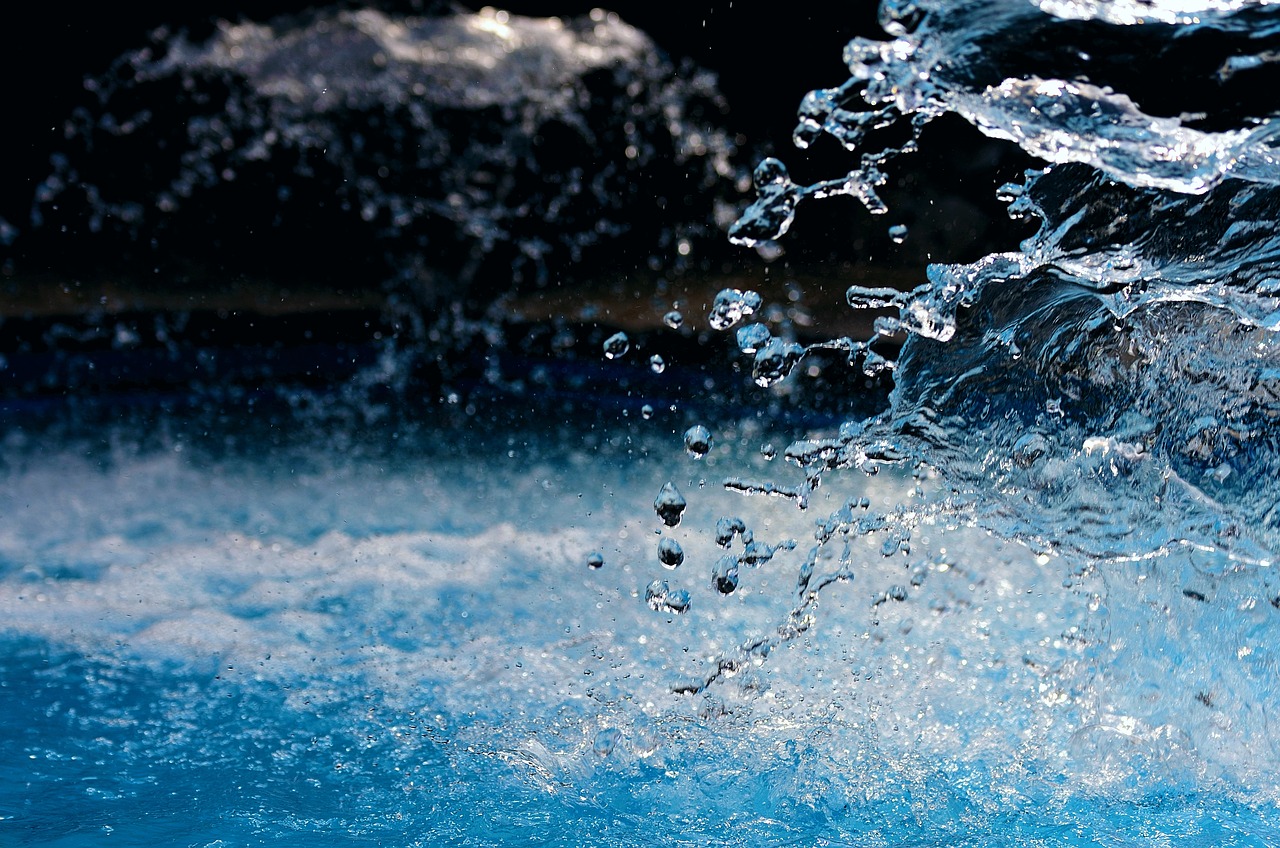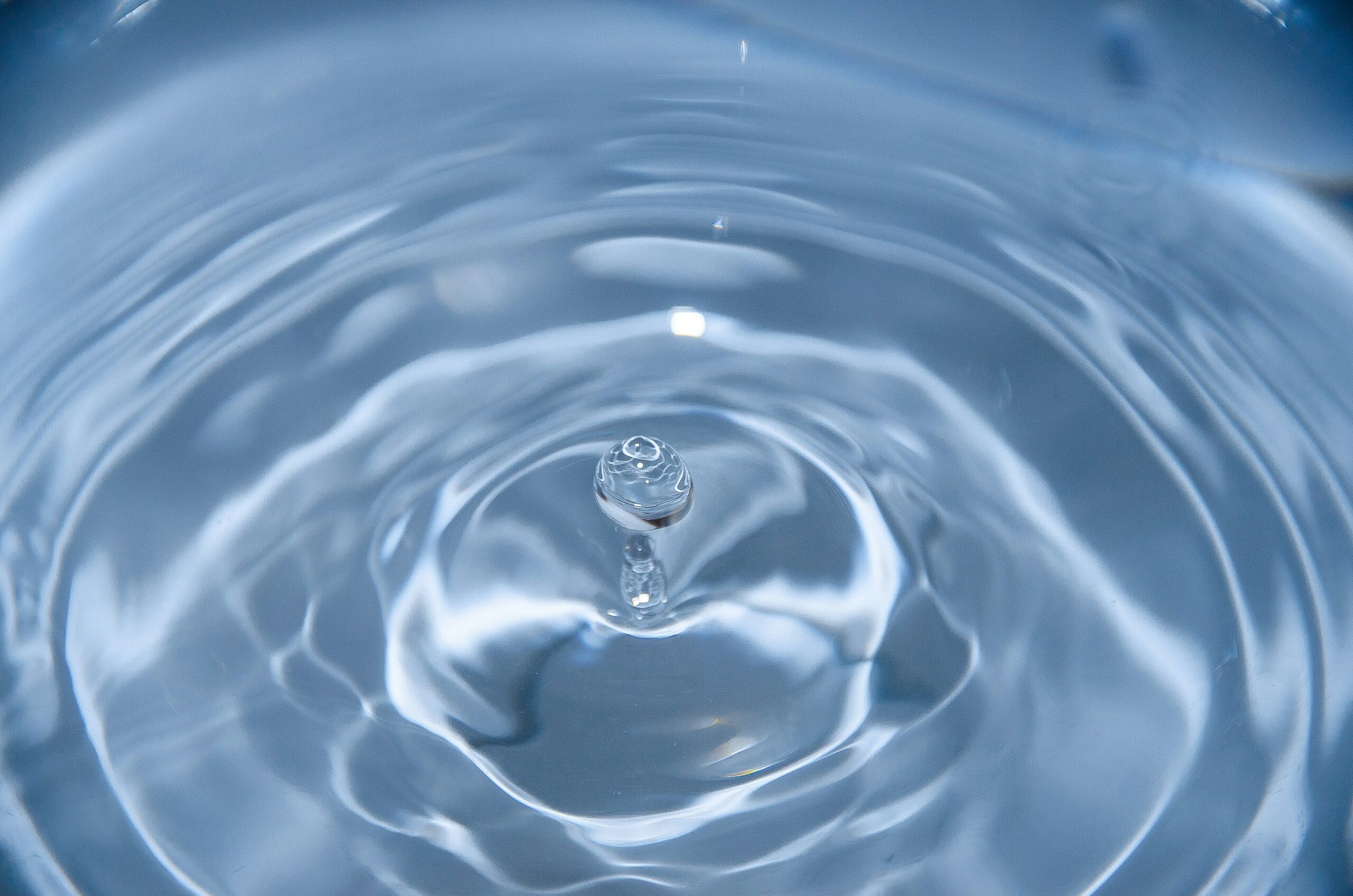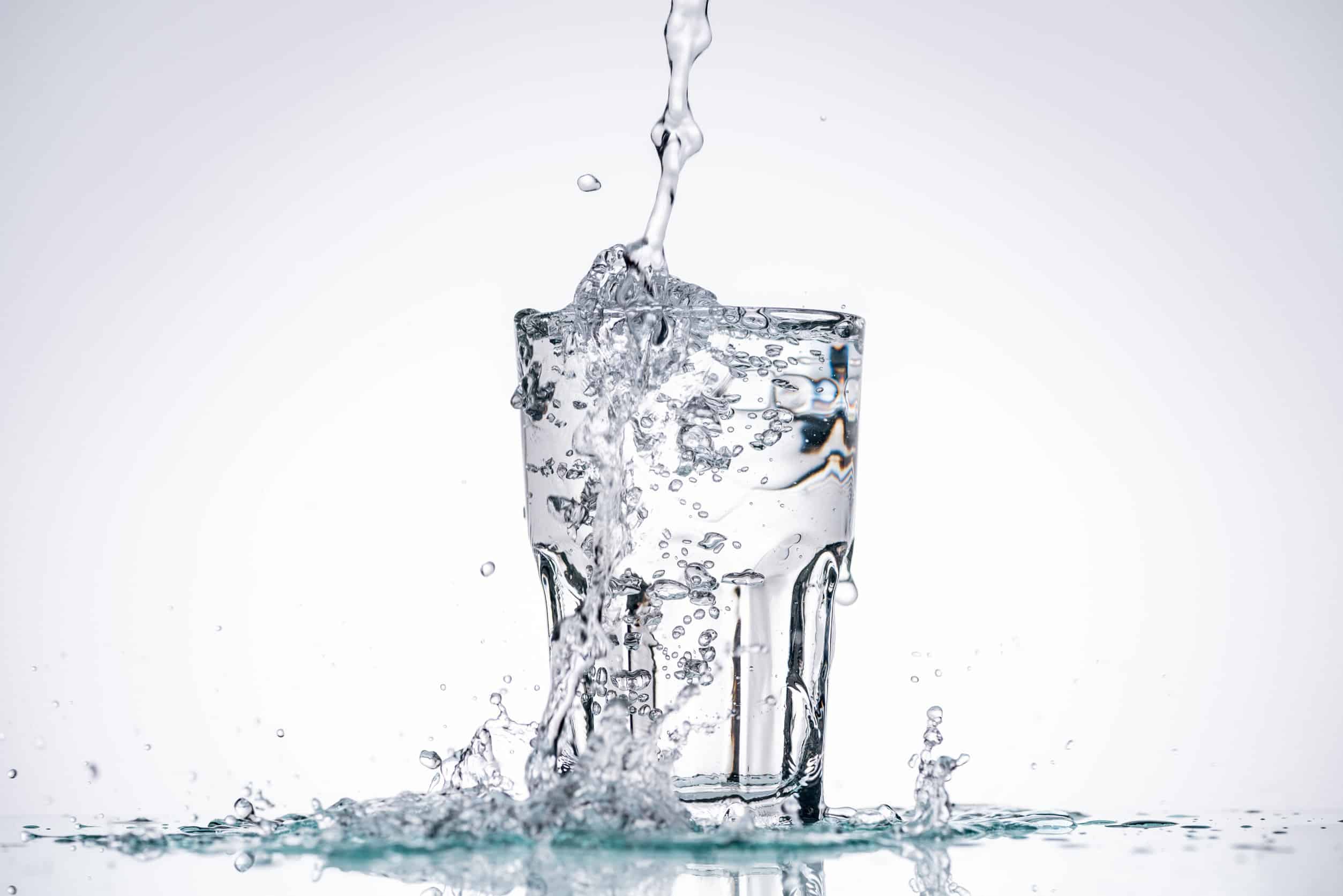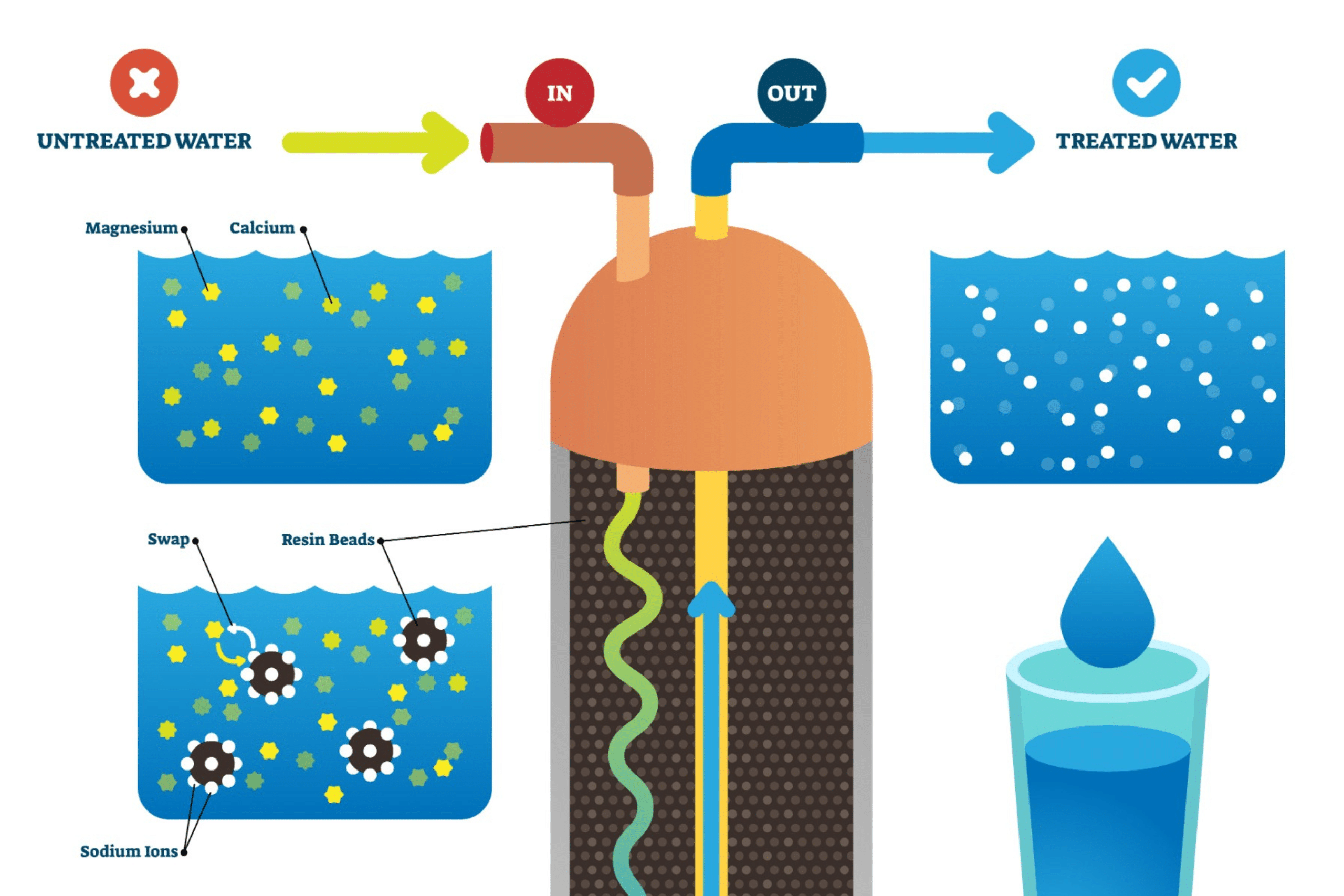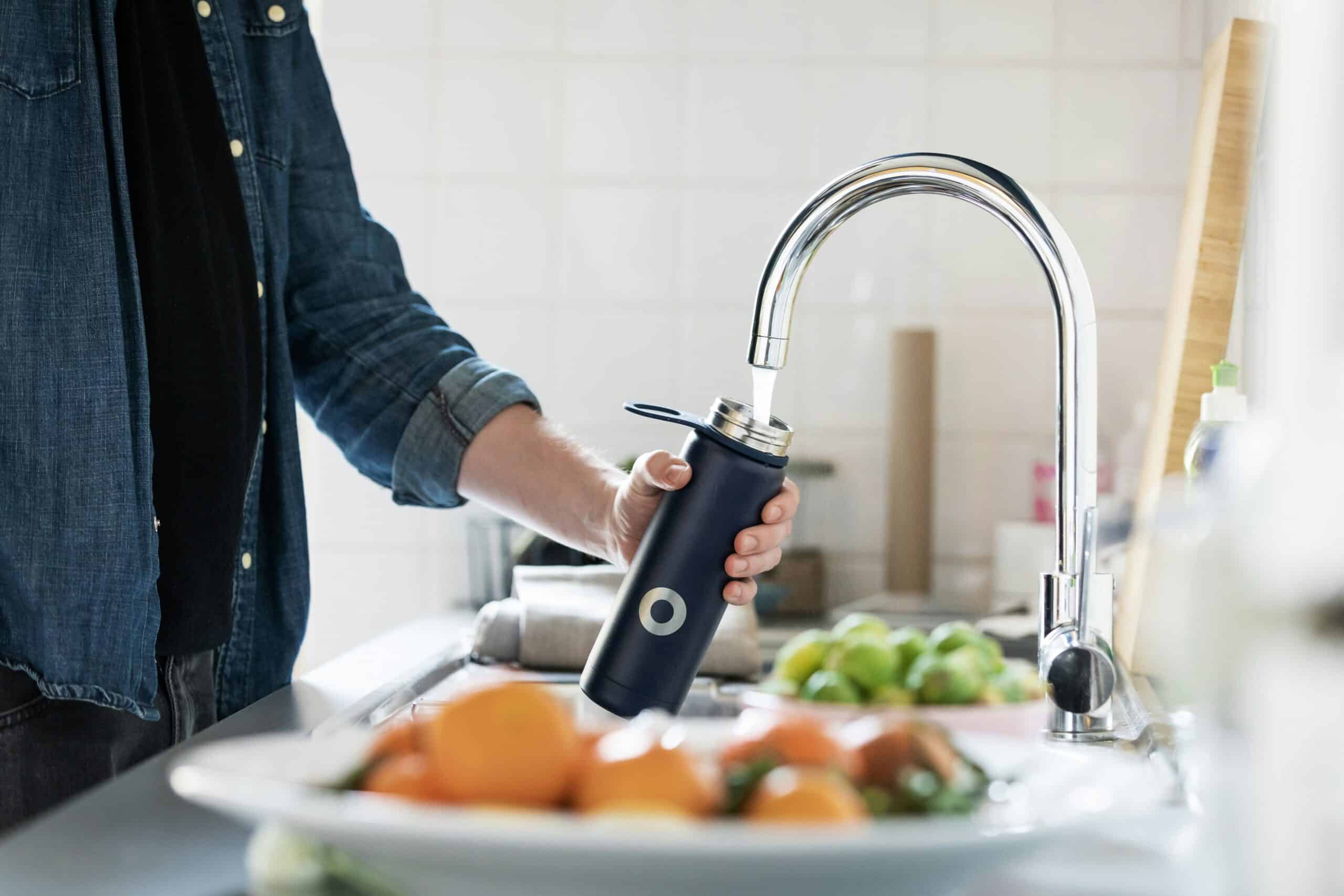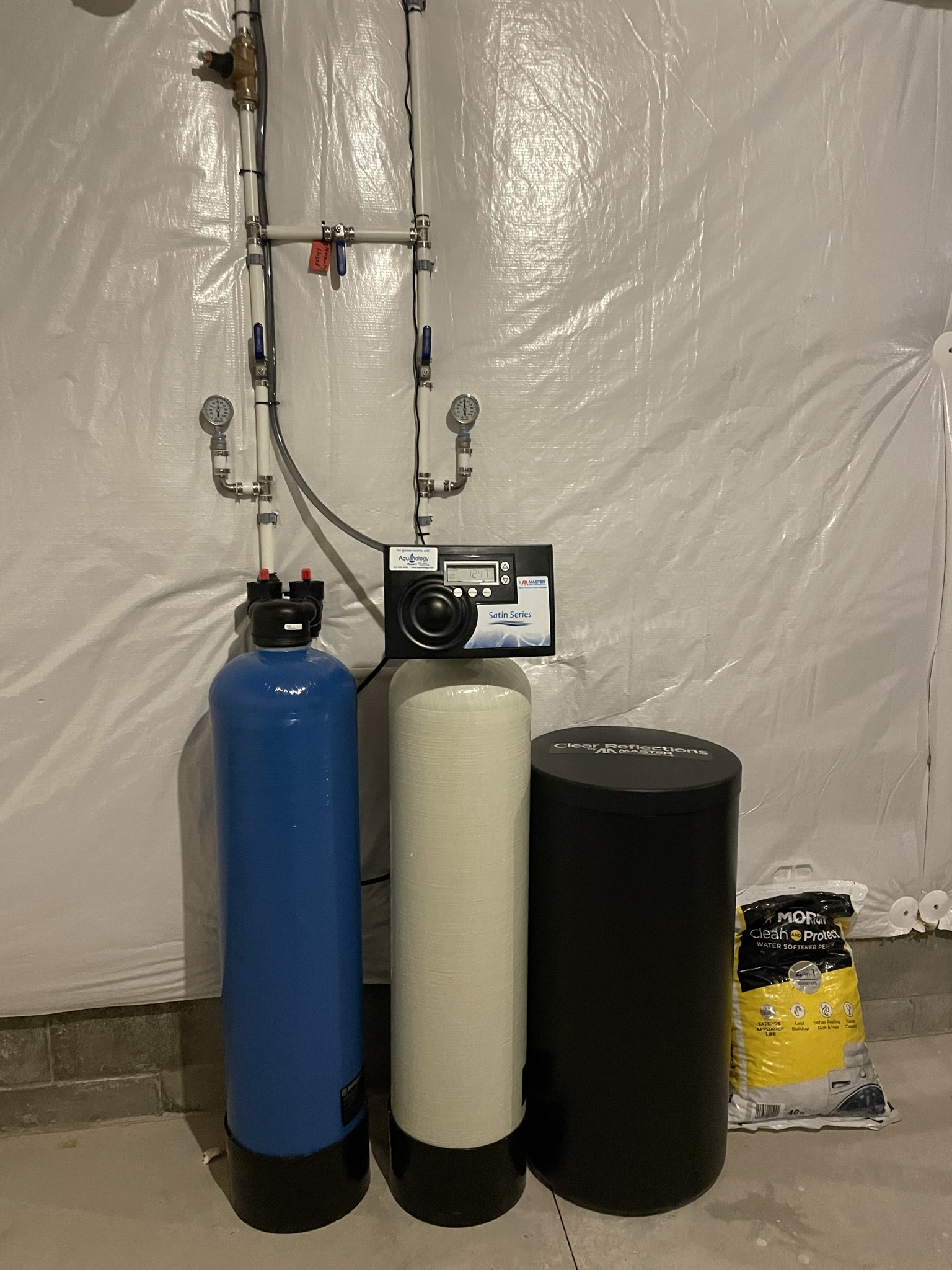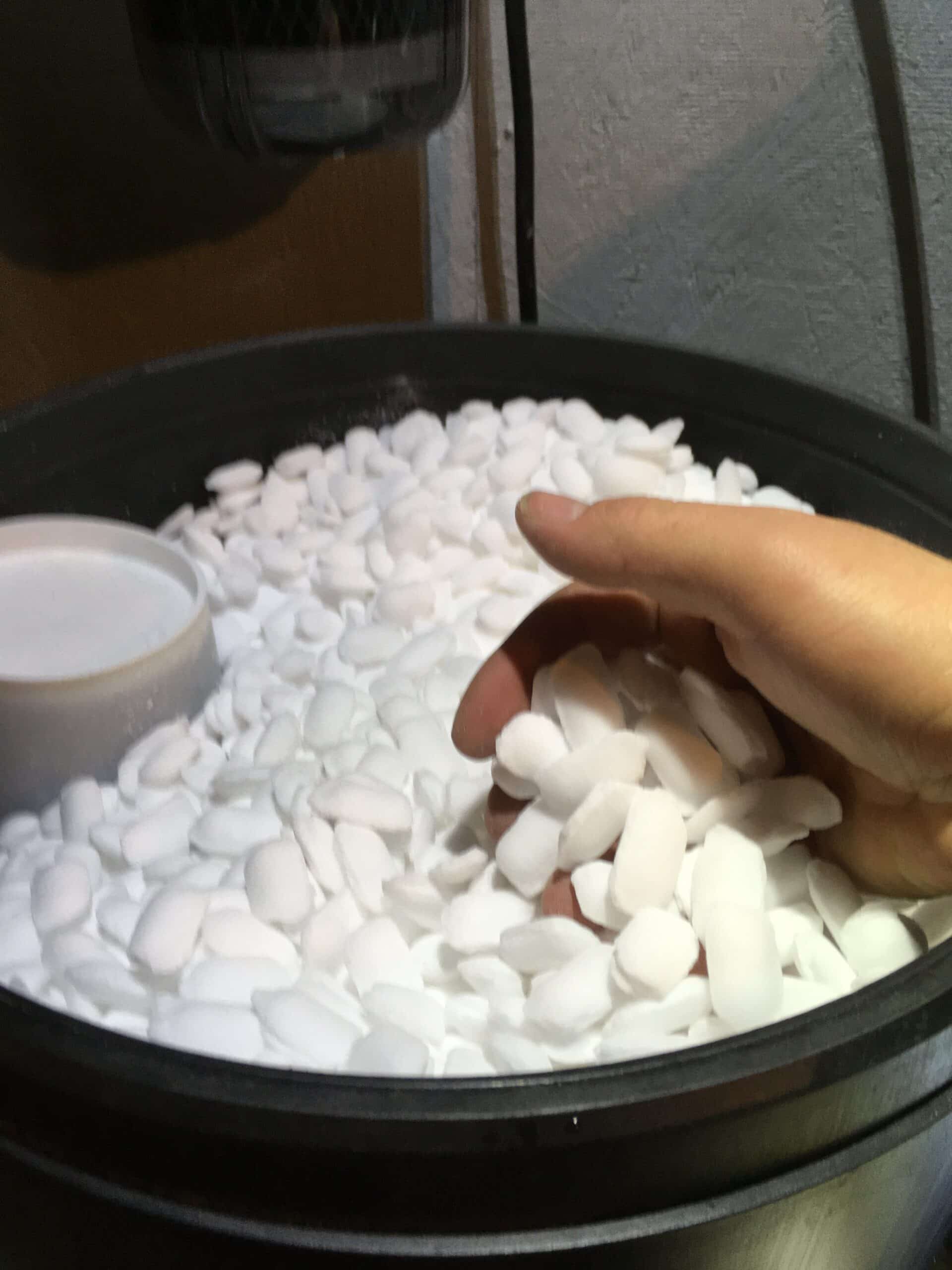Hard water can be a nuisance in any household. From mineral buildup on fixtures to the reduced lifespan of appliances, it can cause a range of issues. The key to solving these problems lies in selecting the right water softener size for your specific needs.
In this guide, we will delve deep into answering the questions, “What size water softener do I need” as well as “Why do some homes need larger/different water softeners than others?” Armed with this knowledge, you’ll be well-equipped to make an informed decision that benefits your household for years to come.
Understanding Your Water Softener Needs
Before we get into the specifics of water softener sizes, it’s essential to understand your household’s unique requirements. Several factors come into play when determining the size of the water softener you need:
Home and Family Size
When it comes to choosing the ideal water softener, the size of your house and the number of people in the household is an important factor. These factors are related to expected total water usage for the home per day.
Understanding the Impact of Family Size
The size of your household isn’t just a matter of headcount; it’s a reflection of the dynamics of your daily water usage. Here’s why family size matters:
1. Daily Water Demand: As you might expect, larger families generally consume more water daily. With more showers, laundry loads, and dishwashing sessions, the demand for softened water increases proportionally.
2. Peak Demand Occasions: Consider those occasions when your household experiences peak water demand. Hosting guests, holiday gatherings, or even just busy mornings can put additional strain on your water softener. A larger family may encounter these situations more frequently.
3. Efficient Water Management: Having a water softener that aligns with your family size ensures you can manage your water efficiently. It prevents overworking the system or, conversely, investing in excess capacity that goes underutilized.
Water Softener Size by Home Size
This is a factor that is often overlooked by those who fail to do sufficient forward thinking. In some cases, it is more wise to consider the actual home size, and how many people could potentially live at that home, rather than the current number of residents. Consider the following illustration:
Let’s suppose a semi-retired couple in their sixties are still living in a family-sized, four bedroom, three bath house. They are looking at getting a water softener installed to protect their fixtures and appliances. How should this system be sized?
This couple knows they will live only about ten more years at this current location before they choose a retirement home. However, a quality professional-line water softener can last 20 years or more. Should consideration be given to the future of the property?
Answer is definitely! At an average of 75 gallons per person per day, this couple could likely get away with a fairly small water softener. But remember, they may sell the home in a few years, and this home could comfortably house a family of six or more, potentially tripling the water usage. Thus a larger water softener should definitely be considered.
Again, this comes down to your budget. If you need a softener, yet you are scraping on funds, a smaller softener for the current water needs would do the job. But when looking at adding more lasting value to the property, upsizing the water softener to the size of the home is definitely a wise move.
Peak water usage
This point is actually a sort of side note still pertaining to the size of the home and the number of water using devices. Peak water usage should definitely be considered, as well as the existing plumbing sizes, so that the water softener is capable of handling the demand.
For example, consider the times that your home is busy consuming water. Showers are in progress, laundry washer is running, and dishwasher has just been started as well. A time like this is when the water softener will be tried to the max as far as gallons per minute that can be softened.
This is very important to consider especially when sizing a water softener. For a two bedroom, single bath home, the likelihood of high gallons per minute or water usage required will likely be much lower than compared with a large home with several bathrooms.
Some entry level water softeners have flow rate maximums of only 7 gallons per minute. This could create a definite flow restriction if such a softener were to be used on a large home. However, advanced flow dynamics on some professional series of softeners allow these units handle more water flow. Although similar in size, these units can handle at least double the flow rate, up to 16+ gallons per minute, making such water softeners ideal for high demand homes.
Water Hardness
The hardness of your water supply is a critical factor for correctly sizing a water softener. Water hardness varies by region, so it’s crucial to determine how hard your water is. In Upstate New York, water from public supplies has generally lower hardness than private well water sources.
Why a Hardness Test Matters
If you haven’t already tested your water for hardness, you might be missing out on valuable insights that could significantly improve your home’s water quality. This simple and straightforward test can be a game-changer in your journey to a more efficient, easier-to-clean household. This is a brief introduction to why getting your water tested for hardness is a step you shouldn’t skip.
What Is Water Hardness?
Water hardness is a measure of the concentration of minerals, primarily calcium and magnesium, in your water supply. The higher the concentration of these minerals, the harder your water is. While hard water isn’t harmful to your health, it can wreak havoc on your plumbing, appliances, and daily routines.
The Importance of a Hardness Test
So, why is a hardness test essential? Here are the key reasons:
1. Precise Information: A hardness test provides precise data on the mineral content in your water. This information is crucial in determining the correct size for your water softener. No more guessing or estimating; you’ll have exact figures to work with.
2. Tailored Solutions: Knowing your water’s hardness allows you to choose a water softener that perfectly matches your needs. Whether you have a small family or a bustling household, you can select the right capacity, ensuring you have an uninterrupted supply of soft water.
3. Improved Water Quality: Once you’ve softened your water to the appropriate level, you’ll notice the immediate benefits. Enjoy softer skin and hair, reduced soap usage, and appliances that perform at their best.
How to Get Your Water Tested
Getting your water tested for hardness is a straightforward process:
Option 1: DIY Test Kits Many hardware stores offer DIY water hardness test kits. These kits typically include test strips or chemicals that change color based on the hardness level. Follow the instructions, and you’ll have your results in no time.
Option 2: Professional Testing For a more comprehensive analysis, consider hiring a professional water testing service. They can provide a detailed report of not only hardness but also other water quality parameters. This option is ideal if you have specific concerns about your water. Some water specialist offer this testing free as part of a quote on a water softener system.
Option 3: Public water service If you are located on public water, you can contact the water utility organization, or the public water system operator for the water hardness levels for your village or rural water district.
Other water quality considerations
In addition to water hardness, metals such as iron and manganese can be removed with a water softener, if correctly set up. However, they do have an effect on the water softener efficiency and must be figured into the water softener’s grains of hardness setting, with the correct parts per million to grains ratio.
Other minerals in the water that contribute to TDS (total dissolved solids), such as sulfates, sodium, chlorides, etc. when in elevated levels must also be considered. If the TDS is to high, it affects not only the efficiency of the softener, but also the resin bed contact time that the water softener needs to effectively remove the hardness. For example, a certain water softener may be able to handle flow rates of up to 15 gallons per minute, but the effective softening flow rate can be dramatically reduced when treating water that has very high TDS levels.
Choosing the Perfect Water Softener Size
Now, let’s explore how to choose the perfect water softener size based on these factors.
Since there are many factors to consider, this will only be a general guide. For best results, it it definitely recommended to have your system sized by a water conditioning specialist, especially when dealing with water that is of a challenging nature
Exception 1. As a rule, upsizing a softener, while costing more, is usually better than going too small for efficiency reasons. Also, when getting into more challenging water, an even more efficient method is to opt for a twin tank water softener.
Exception 2. If you have a large family, choose the next higher tier. For example, if your water is moderately hard to hard, yet you have a large home, a Tier 3 softener may be a good choice instead of a Tier 2.
Exception 3. If your water has metals such as iron or manganese, a twin-tank water softener becomes much more important. Because of the advanced resin cleaning action of a twin tank softener, it helps to flush out these metals more consistently and keeps the resin working longer.
Normal recommendations
- Tier 1: 21,000 grain capacity, 0.75 cubic foot of resin, water softener. This size unit would only be recommended for the smallest households and on water that is only moderately hard (less than 8 grains of hardness)
- Tier 2: 30,000 grain capacity, 1 cubic foot of resin, water softener: These units can supply small to medium sized families on water that is moderately hard to hard (between 4 and 11 grains of hardness)
- Tier 3: 45,000 grain capacity, 1.5 cubic foot of resin, water softener: These units can supply medium to large sized families on water that is very hard (between 12 and 25 grains of hardness). Also, for water like this, a smaller twin tank water softener may be a better option for efficiency and longevity benefits.
- Tier 4: 60,000 grain capacity, 2.0 cubic foot of resin, water softener: These units can supply large sized families on water that is very hard (above 25 grains of hardness). Also, for water like this, a smaller twin tank water softener is definitely recommended for efficiency and longevity benefits.
- Custom Tier: If your water is above 1200 ppm of TDS, above 60 grains of hardness, or has very high levels of metals such as iron or manganese, definitely consult a water specialist for in depth testing and consulting before making a purchase. Too many times in challenging water scenarios, DIY set-ups are not sufficiently effective and end up being a waste of money.
Additional Considerations:
- As earlier stated, twin tank softeners have several advantages over single tank softeners, although they are more expensive. If you are unsure how to choose, reach out to us, and/or look for a future article on how twin tank vs. single tank softeners.
- Make sure that the water softener can meet the peak demand flow rates that your home could require.
- Ensure that the chosen water softener size fits within the available space in your utility area.
This reference tool should help you select the right water softener size to meet the unique needs of your household, ensuring that you enjoy the benefits of soft water and the longevity of your appliances.
Conclusion
Choosing the right water softener size is a crucial step in ensuring your household enjoys the benefits of soft water without any hiccups. With our guide, you now have all the tools necessary to answer the question, “What size water softener do I need?” Say goodbye to hard water troubles and hello to a happier, healthier home.
In summary, here are the key takeaways:
- Assess your family size, water hardness, water quality, and daily water usage.
- Consider factors like peak demand, regeneration frequency, available space, and your water quality goals.
- Make an informed decision that will improve your water quality and extend the life of your appliances.
By following these guidelines, you’ll be on your way to enjoying the benefits of soft water and bidding farewell to hard water-related issues in your home. Contact us to learn more about water softeners and how to find the perfect water softener for your home.
FAQ
Here’s a list of frequently asked questions (FAQs) about how to select the right size water softener:
Why is water softener size important?
Choosing the right size water softener ensures it effectively removes hardness without too frequent regenerations (cleaning cycles). An undersized softener regenerates too often, wasting water and salt, and could let hard water bypass into the home. An oversized one is a waste of money for the upfront cost.
How do I determine my water hardness?
Contact your local water utility for their reading. Purchase a DIY water hardness test kit or find a residential water treatment specialist near you.
What factors influence water softener size?
- Water hardness: Higher hardness requires a larger capacity softener.
- Daily water consumption: More people in your home means more water and a larger softener.
- Iron (or other metals) presence: Iron adds to hardness, so adjust calculations if you have significant iron levels.
- Peak water flow rate requirements: Consider times of high water demand to ensure the softener is sized sufficiently and doesn’t create a flow restriction.
What else should I consider?
- Regeneration type: Choose an efficient type to minimize water and salt waste.
- Budget: Softener prices vary based on size, features, and brand. Determine your budget range beforehand.
Where can I get help sizing a water softener?
Consult a local water conditioning specialist, who can test your water for different parameters, and also give you a quote on installing the correctly sized equipment.
Remember: These points in this article are general guidelines. For accurate sizing, consider a professional water analysis that factors in your specific water composition and usage patterns.
At Aquanology, we bring our water conditioning solutions to local families, farms, and businesses. Need a water softener? We have you covered, including our free water test for hardness levels and quality requirements, a no obligations quote to improve your water to your expectations, and plenty of information that will help you make an educated decision.

